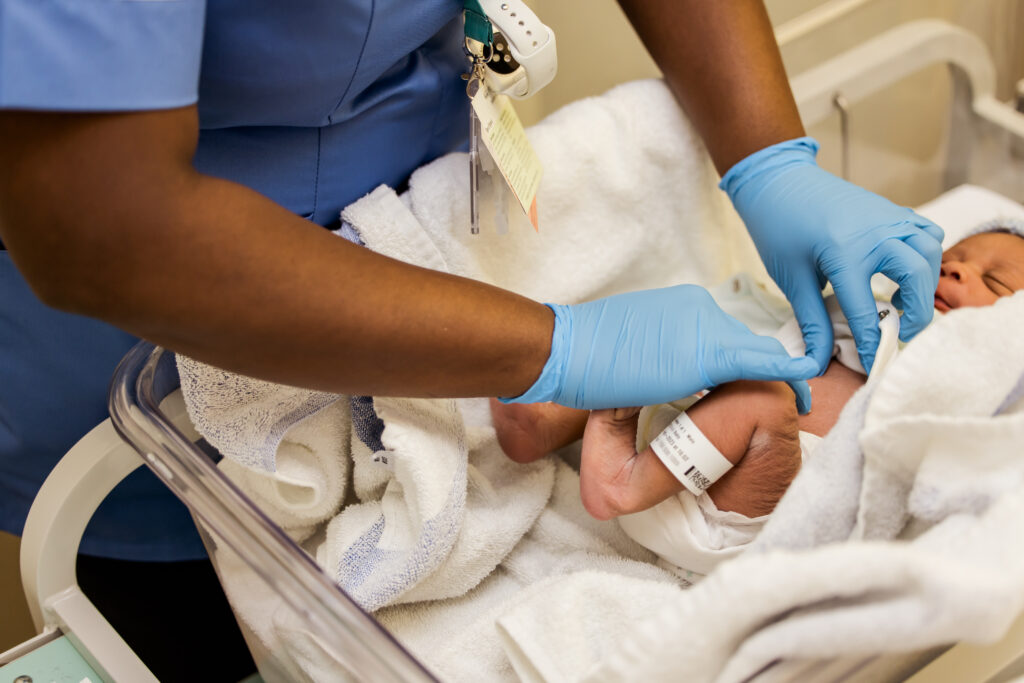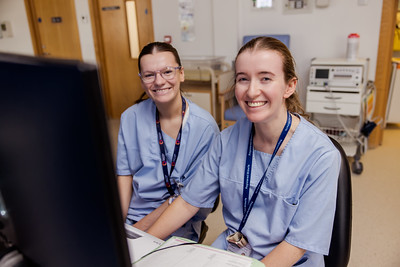By Colin Beesley on 01 March 2022
Proposed changes to NHS pension contributions in Scotland would see many midwives, maternity support workers (MSW) and other NHS staff facing higher pension payments – and possibly heading for the exit.
The RCM has outlined its concerns in response to a Scottish Government consultation on their plans to change the pension scheme, following a similar move by the UK Government for NHS staff in England and Wales. The changes under the proposed new scheme for Scotland were set to come into effect on 1 April 2022. Late last week the Scottish Government announced that implementation has been postponed until October 2022, mirroring the delay on the scheme in England and Wales.
“Almost four in 10 of our working members in Scotland are in their 50s and 60s with years of caring for women and babies under their belt. There is a real risk that those who are close to retirement will go earlier than planned because of distrust in the scheme and fears about being financially worse off,” said Jackie Mitchell, RCM National Officer for Scotland. “This could see staffing levels fall yet further, with an obvious impact on care for women and babies and more pressure on staff left behind. The loss of experience and expertise would also be of considerable concern if these midwives take flight from the NHS. This cannot be allowed to happen.”
Under the proposed new Scottish scheme, midwives, MSWs and other NHS staff on the Agenda for Change pay structure may have to pay more into the pension scheme. It will mean higher earners paying less in contributions, and middle and lower earners paying more. The main aim of the change is to balance out the scheme which currently sees higher earners paying proportionately more in pension contributions.
“Our members are already exhausted, fragile and demoralised. Many already pay a higher rate of income tax, and are also facing rising prices, rising inflation, and a national insurance increase. They are already being hit in their take home pay and face the double-whammy of being hit in their pensions,” said Jackie Mitchell. “The NHS pension scheme is a very strong incentive for midwives and MSWs to stay in the NHS and the Scottish Government’s proposals will tear a hole in that. They must rethink and see the value of it for keeping maternity staff in the NHS, at a time when we can ill-afford to lose them.”
There are some changes in the proposed structure that the RCM says it can support. These include proposals to base contributions on actual salaries, not the whole time equivalent. Scotland aligns the contribution tiers in the proposed system to Agenda for Change pay rises so that any annual pay awards do not move people into a higher contribution tier. This is set to continue.
Introducing these changes at the same time as embedding the McCloud Remedy may further exacerbate confusion and distrust in the scheme says the RCM. You can read more about the McCloud Remedy and judgement here.
The RCM is also concerned that the changes could affect women more because 99% of midwives and the majority of MSWs are women. Men are more likely to be higher earners in the NHS.
“While there are some positives in the proposals which should be implemented, the overall effect will be extremely negative. We will be challenging the Scottish Government and pointing out the folly of the changes they are proposing,” said Jackie Mitchell. “It will demoralise staff and many may vote with their feet, a scenario I am sure the Scottish Government want to avoid. We want to see our members seeing an increase in their take home pay, not a decrease, and we will campaign for that.”
In their announcement of a delay to implementation of the scheme late last week the Scottish Government also said a further consultation will be held in the summer. The RCM will respond to that consultation and will update its members in Scotland on progress.
Read the RCM’s Scotland pensions consultation response in full.
For more information about NHS pensions see the pensions section of the RCM website.

